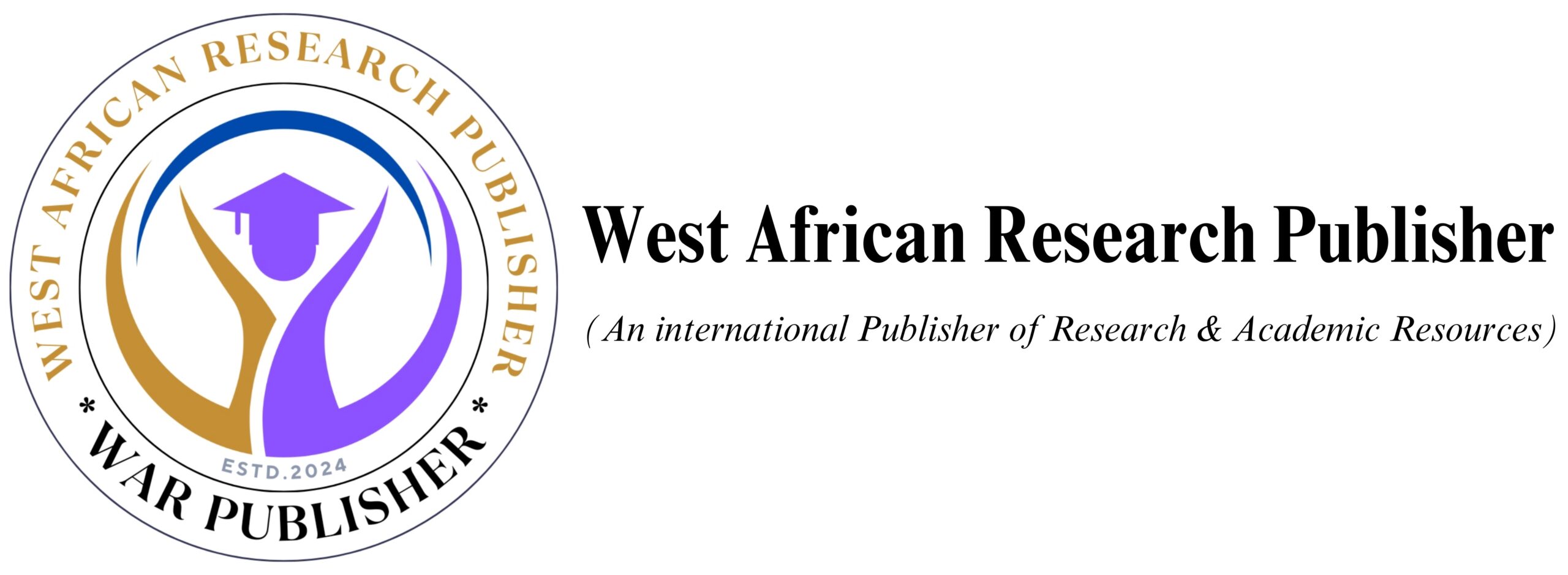Integrating AI in Structural Health Monitoring (SHM): A Systematic Review on Advances, Challenges, and Future Directions
The integration of Artificial Intelligence (AI) in Structural Health Monitoring (SHM) has garnered significant attention in recent years, driven by the need for enhanced safety, reliability, and efficiency in infrastructure management. This systematic review synthesizes the latest advancements in AI techniques applied to SHM, exploring various methodologies, including machine learning, deep learning, and data-driven approaches. We examine a wide range of applications, from real-time damage detection to predictive maintenance and anomaly detection in diverse structural types, including bridges, buildings, and offshore structures. Despite the promising developments, several challenges hinder the widespread adoption of AI in SHM, including data quality and quantity, interpretability of AI models, and integration with existing monitoring systems. We identify critical gaps in the current literature and propose future research directions that emphasize the need for robust algorithms, interdisciplinary collaboration, and the development of standardized protocols. This review serves as a comprehensive resource for researchers and practitioners aiming to advance the integration of AI in SHM, ultimately contributing to safer and more resilient infrastructure systems.
Keywords: Artificial Intelligence, Structural Health Monitoring, Machine Learning, Deep Learning, Predictive Maintenance, Anomaly Detection, Infrastructure Management, Data-Driven Approaches, Challenges and Opportunities and Future Research Directions.

